
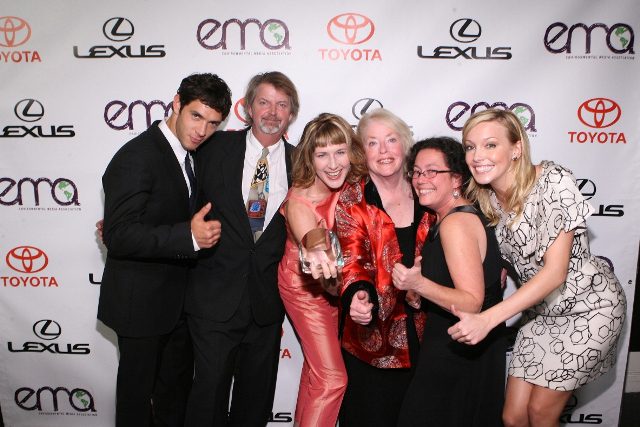
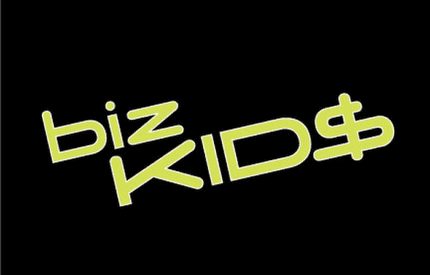
The Vault, December 2009: Success is no Secret
Hey there loyal Vault readers! It’s been a great year–thanks for sharing it with us! And thanks to all of you who took our survey. We are already using the results to make The Vault better for you! School makes a difference Fast fact |
|
Make more money
If you could give yourself a 30 percent raise, would you do it? How about 60 percent? The latest report from The College Board (an association of educational organizations that also runs the SATs) shows that, on average and among full-time, year-round workers, those with an associate’s degree earn 30% more and 4-year college graduates earn on average 62% more than those with only a high school diploma.Free to be you Of course, money isn’t the only reason to stay in school. A degree gives you more freedom to choose your career. Many jobs such as architecture, accounting, or engineering require a 4-year degree and beyond. Many others require on-the-job training or specialized skills. Many paths |
|
Pay your way
Higher education is rarely free, although there are many ways to pay for it. Think about whether taking on the debt to go to a more expensive school is worth it to you personally and professionally – 529 college savings plans let you sock away tax-deferred savings for college tuition. Some even let you pre-pay.
– Scholarships give you money you don’t have to pay back. There are thousands–start your research early!
– You can take out loans from state and federal governments. Make sure to fill out your Free Application for Federal Student Aid (FAFSA) before the deadlines for your chosen schools. Check out more information here.
– Apprenticeships are offered by many trade unions such as those of electricians and ironworkers, offering a combination of paying work and classroom training at little or no cost to the student.
|
|
Fast fact answer
The answer is “engineering.” In a technology-oriented world, workers with math skills and the ability to apply them are in high demand. The top-grossing degree? Petroleum engineering, with a starting salary averaging more than $83,000!Info to go |
|
|
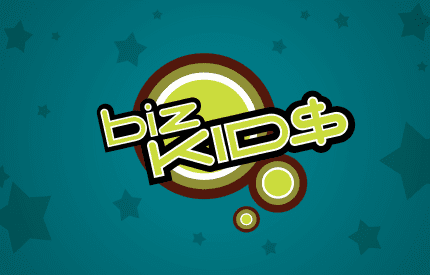
|
||||||||||

Biz Kid$ was honored with the Environmental Media Award in the category for ‘Children’s Live Action’, winning against shows from Nickelodeon and Disney with our episode called ‘The Green Economy’. Thank you so much to everyone who helped make that show a success! Please check out our Facebook page (Biz Kid$ Television Series) for pictures of the event.
PRESS RELEASE: EMA_Award_Press_Release_2.doc (32.50 kb)
VIDEO HIGHLIGHTS FROM EVENT: http://wonderwall.msn.com/movies/2009-EMA-Awards-Highlights-820.video

|
||||||||||
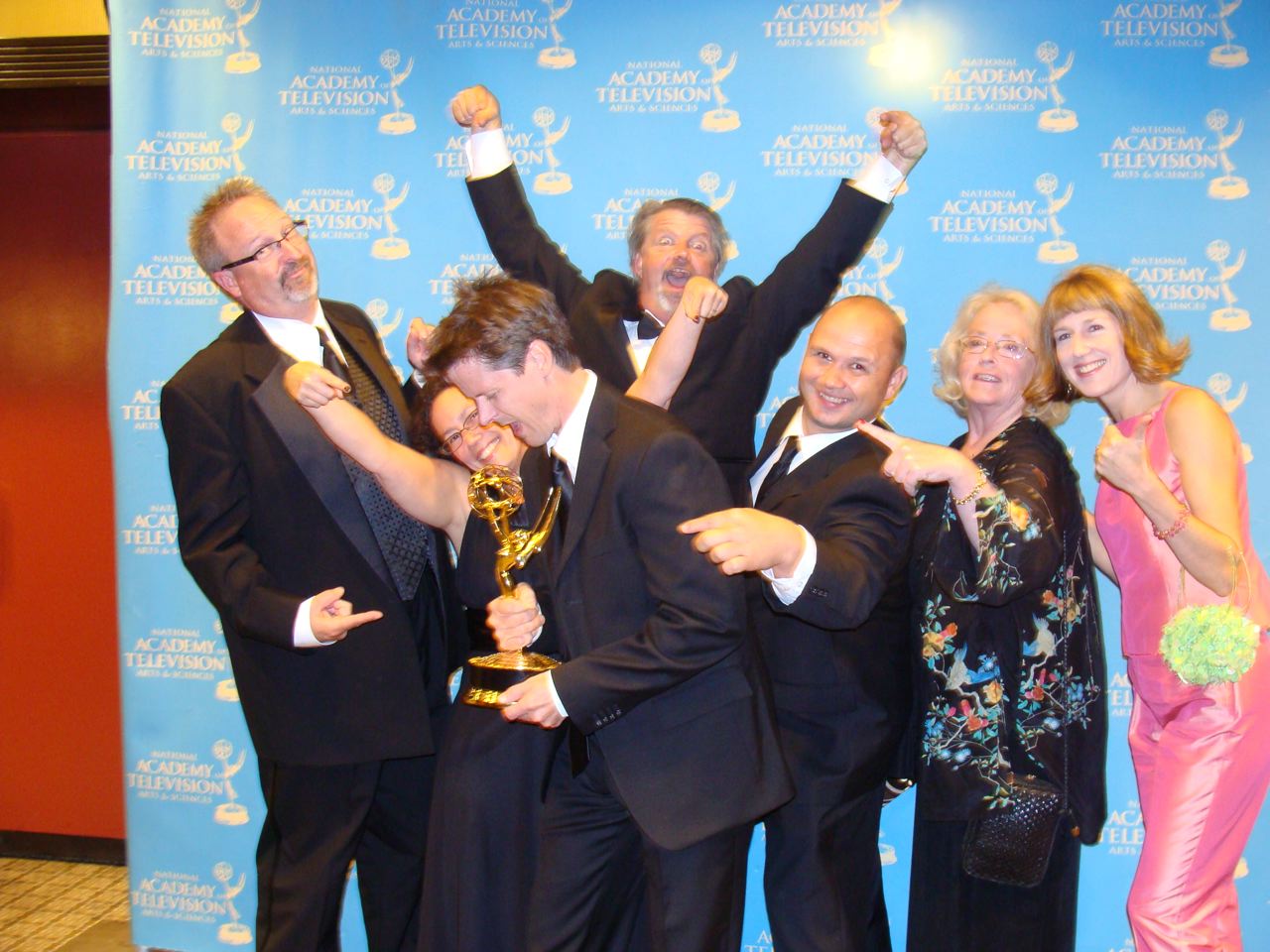
Biz Kid$ is honored to win a Daytime Emmy Award for ‘Main Title and Graphic Design! Congratulations to the title designer, Lou Zumek. A show like Biz Kid$ is so important during these tough economic times, and we are so thankful for the recognition.
Press Release by the Credit Unions: http://www.waleague.org/Files/Uploads/newsroom/2009pressreleases/083109EmmysWin.doc
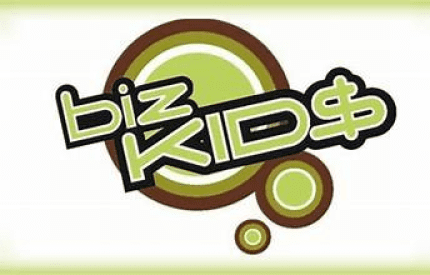
|
||||||||||
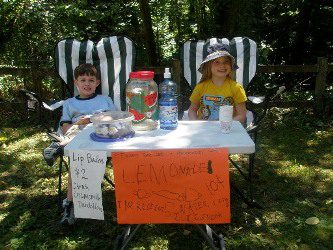
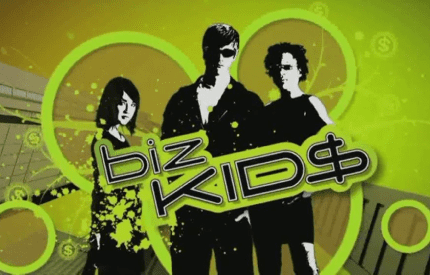
|
||||||||||
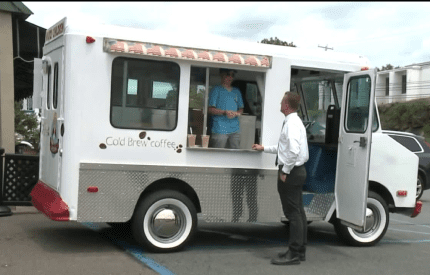
What’s one of the most classic sights and sounds of summer? The traditional ice cream rolling through the streets of the neighborhood. Well check out this ice cream truck run by two young entrepreneurs – it’s not exactly traditional…… only a little bit better.

So you think finding a summer job is tough? What about figuring out what you want to do for the rest of your life? Here’s how one Biz Kid solved that problem – he traveled around North America working 52 jobs in 52 weeks!